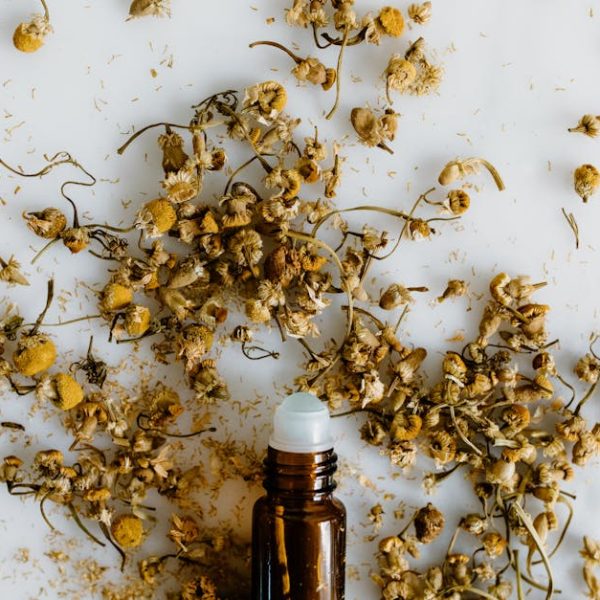Canker sores, medically known as aphthous ulcers, are small, inflamed lesions that appear inside the mouth, typically at the base of the gums. These painful sores can make eating, drinking, and even talking a challenge. While canker sores are usually harmless and tend to heal on their own, they can cause significant discomfort. Thankfully, a variety of home remedies and over-the-counter (OTC) treatments can alleviate pain and speed up the healing process.
Understanding Canker Sores
Although the exact cause of canker sores remains widely unknown, multiple factors can trigger their appearance including stress, injury to the mouth, certain foods, vitamin deficiencies, hormonal shifts, or an underlying health condition. Canker sores are not contagious and typically heal within one to two weeks. An interesting fact is that women are more susceptible to developing these sores.
💡 Pro Tip: If your canker sore hasn’t healed after two weeks, or if it’s causing serious discomfort, it’s time to seek professional medical help.
Home Remedies for Canker Sores
Many home treatments can provide relief and aid the healing process. These include warm saltwater rinses, milk of magnesia, applying a chamomile tea bag, or dabbing some honey on the sore. Here’s a handy checklist for using home remedies:
- Ensure that all ingredients are fresh and readily available.
- Sanitize your hands and any applicator, such as a cotton swab, before use.
- Follow the application instructions carefully for each remedy.
💡 Best Practice: Spicy or excessively acidic foods can irritate canker sores. For faster healing, aim for a mild and balanced diet until the sore disappears.
Over-the-Counter Remedies for Canker Sores
Over-the-counter products offer another effective approach to treating canker sores. Options include topical creams or gels, soothing mouth rinses, and pain-relieving ointments. Of course, these treatments also come with their own pros and cons compared to home remedies.
💡 Pro Tip: Always make sure to check the product specifications before use. Look for the active ingredients, possible side effects, and follow the usage instructions carefully.
When to Visit a Doctor
While canker sores are commonly harmless, severe cases call for a doctor’s visit. If you experience large sores that persist for more than two weeks, experience high fever, unbearable pain, frequent recurrence, it’s time to seek professional help.
💡 Best Practice: Keep track of your symptoms and their frequency. This information will be beneficial during your doctor’s visit as it helps to understand the severity and possible triggers.
Preventing Future Canker Sores
Taking prevention seriously can help reduce the occurrence of future canker sores. An excellent preventative regimen includes proper oral hygiene, a balanced diet, effective stress management and avoiding foods or substances that have previously triggered sores.
Here’s a to-do list for preventing canker sores:
- Schedule regular dental check-ups.
- Use a soft-bristled toothbrush to avoid causing injury to your mouth.
- Replace your toothbrush every 3-4 months or whenever the bristles start to fray.
💡 Best Practice: Keeping yourself well-hydrated is crucial in preventing canker sores. Dry mouth conditions can trigger the ulcer, so make sure to drink plenty of water throughout the day.
In conclusion, although canker sores can be painful and annoying, they are mostly harmless and tend to go away on their own. However, understanding them and knowing how to handle them can make a world of difference in your comfort level. Make sure to maintain good oral hygiene, use home remedies or products to alleviate discomfort, and consult a doctor if they last for more than two weeks or are associated with severe symptoms. And remember, prevention is always better than cure. With the right lifestyle choices, you can keep canker sores at bay.
Key Takeaway:
- Canker sores are a common and harmless oral health issue but can cause significant discomfort.
- Several factors can trigger canker sores, including stress, an injury to the mouth, certain foods, vitamin deficiencies, hormonal shifts, and underlying health conditions.
- Home remedies like warm saltwater rinses, milk of magnesia, chamomile tea bags, and honey can effectively relieve pain and promote healing.
- Over-the-counter remedies, including topical creams, mouth rinses, and pain-relief ointments, provide an additional option for treatment.
- Proper oral hygiene, balanced diet, effective stress management, and avoiding triggers can help prevent future occurrences of canker sores.
Reassure yourself that dealing with canker sores is well within your ability. These small oral sores can be effectively treated with home remedies and over-the-counter treatments, and can even be prevented with the right lifestyle choices. Make sure to seek medical attention when required, and you’re sure to come out on top of the situation.
FAQs
Q: What are the common foods that might trigger canker sores?
A: Spicy, acidic, and overly salty foods can trigger canker sores. Foods like citrus fruits, tomatoes, strawberries, coffee, chocolate, nuts, and shellfish may also cause these sores in some people.
Q: Can toothpaste cause canker sores?
A: Certain toothpaste ingredients, especially sodium lauryl sulfate, can cause canker sores in some people. Try using a toothpaste that doesn’t contain this ingredient if you frequently get canker sores.
Q: Do canker sores indicate a more serious health problem?
A: Canker sores are usually harmless and resolve on their own. However, if they persist for more than two weeks, recur frequently, or are accompanied by other severe symptoms like high fever or severe pain, it’s important to consult your doctor as they could indicate a more serious health issue.
Q: Are mouth rinses effective for treating canker sores?
A: Yes, certain mouth rinses can be very effective in providing relief from canker sore pain. Mouth rinses with a mild anesthetic can numb the area temporarily and help you eat and drink more comfortably.
Q: Should I be concerned if I get canker sores frequently?
A: Frequent canker sores could indicate underlying health conditions like vitamin deficiency, immune system issues or hormonal changes. If you’re getting canker sores often, it’s a good idea to talk to your doctor about it for further investigation.
Feel free to share this helpful article with your friends or family who may need it. Also, explore more posts on our website for additional health-related tips and insights!






